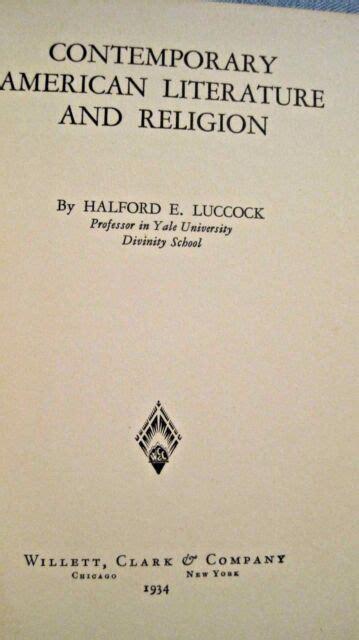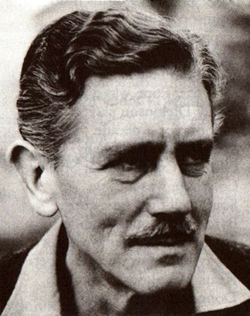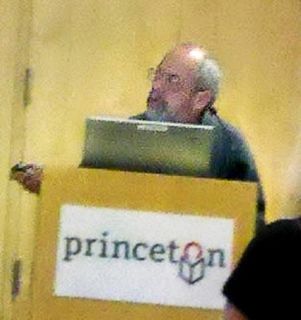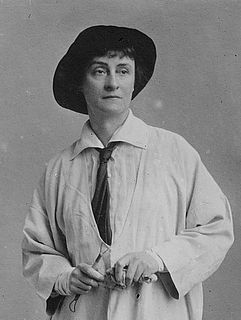A Quote by Halford Luccock
Expressions of sharp and even violent criticism of religion and the church have been welcomed, for they usually imply sincerity of thought. If caustic criticism of religious institutions and practices is irreligious, then Amos, Isaiah, and Jesus were very irreligious men. In fact, that is exactly what many of their contemporaries took them to be.
Related Quotes
When...did it become irrational to dislike religion, any religion, even to dislike it vehemently? When did reason get redescribed as unreason? When were the fairy stories of the superstitious placed above criticism, beyond satire? A religion was not a race. It was an idea, and ideas stood (or fell) because they were strong enough (or too weak) to withstand criticism, not because they were shielded from it. Strong ideas welcomed dissent.
That was one of the big problems in the [Black Panther] Party. Criticism and self-criticism were not encouraged, and the little that was given often wasn’t taken seriously. Constructive criticism and self-criticism are extremely important for any revolutionary organization. Without them, people tend to drown in their mistakes, not learn from them.
The religious geniuses of all ages have been distinguished by this kind of religious feeling, which knows no dogma and no God conceived in man's image; so that there can be no church whose central teachings are based on it. Hence it is precisely among the heretics of every age that we find men who were filled with this highest kind of religious feeling and were in many cases regarded by their contemporaries as atheists, sometimes also as saints. Looked at in this light, men like Democritus, Francis of Assisi, and Spinoza are closely akin to one another.
I do not think any religion encourages intolerance. Intolerance is the biggest mental defilement, and every religion tries to remove this defilement. So we must understand that whenever there is intolerance, this comes from an irreligious mind. It is not created by religion, and it is not in the mind of the religious person.
A growing body of social science research reveals that atheists, and non-religious people in general, are far from the unsavory beings many assume them to be. On basic questions of morality and human decency - issues such as governmental use of torture, the death penalty, punitive hitting of children, racism, sexism, homophobia, anti-Semitism, environmental degradation or human rights - the irreligious tend to be more ethical than their religious peers, particularly compared with those who describe themselves as very religious.
I don't have a very high opinion, actually, of the world of criticism - or the practice of criticism. I think I admire art criticism, criticism of painting and sculpture, far more than I do that of say films and books, literary or film criticism. But I don't much like the practice. I think there are an awful lot of bad people in it.



































